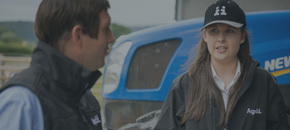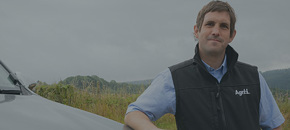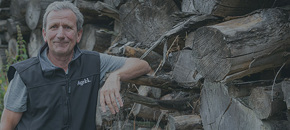New, Blogs & Case Studies
With so much research and product development going on at Agrii, we’ve always got news to share. To see our latest news and appearances in the media, scroll through the stories below. With so much research and product development going on at Agrii, we’ve always got news to share. To see our latest news and appearances in the media, scroll through the stories below.
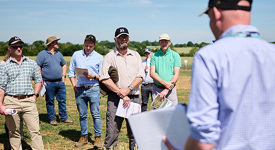
Events
If you are interested in tours, shows, product demos or training. Explore our upcoming events
Get Involved
Tramlines Podcast
Join Tony Smith, telling stories and giving updates straight from the field as he examines farm life and business issues
Listen Now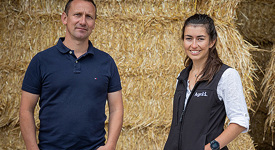
Approach Us
We’re here to help your business ambitions. See how we could work together, we’d love to hear from you.
Let's Talk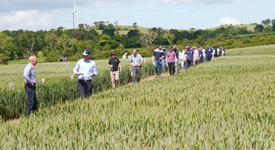
iFarms & Tech Centres
Agrii iFarms and Technology Centres are a network of farm Research and Development sites across the UK
Find A Site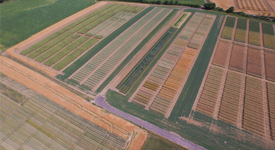
Research & Development
Learn about our latest research & development so you can feel confident about todays farming challenges.
Discover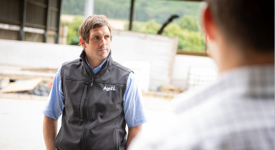
Agronomy
We are the UK’s leading agronomy company, with more than 300 BASIS-trained consultants offering independent advice
Learn More